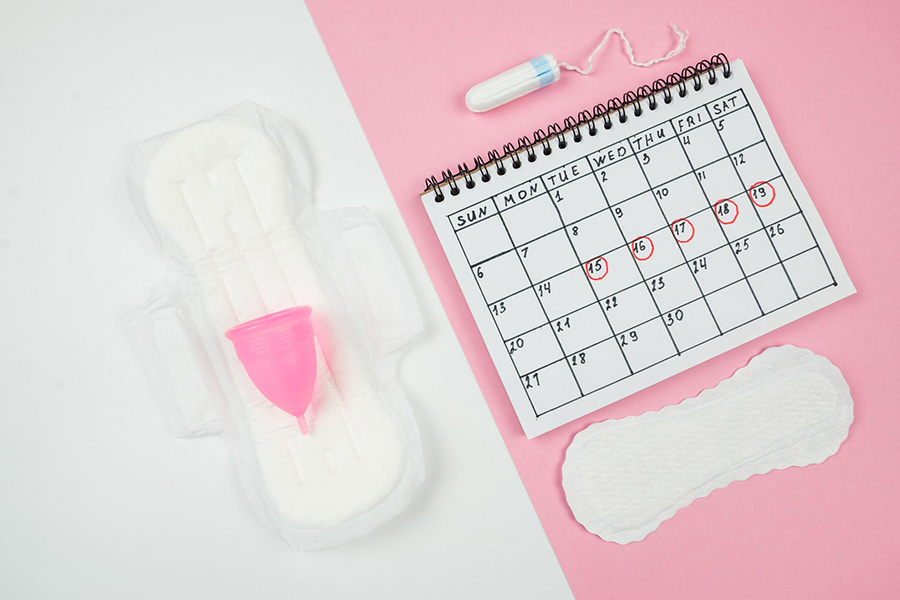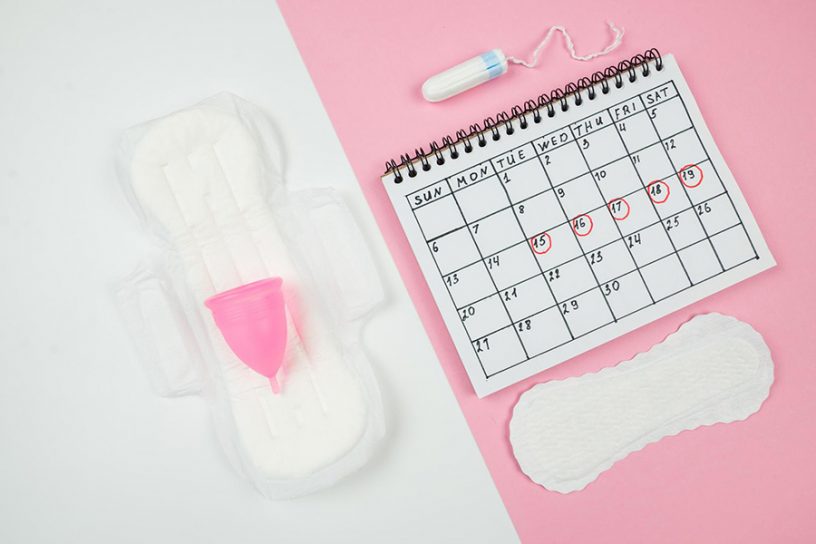
Empowering adolescents with information about their bodies and life skills to communicate, make decisions and assert their rights, lays the foundation for health and wellbeing throughout their life.
Author
Arundati Muralidharan, Public Health Professional, and Co-founder of MHAi.
Karan Babbar, Assistant Professor, Jindal Global Business School, O.P. Jindal Global University, Sonipat, Haryana, India.
Mayuri Bhattacharjee, menstrual health advocate and Founder of the Dignity in Disasters campaign.
Summary
375 million. That’s the number of menstruating people that are there in India.
Periods are normal and healthy, yet many people lack access to sufficient information, period products, and support to manage their periods well.
They may suffer from poor health, and many are unable to participate in daily activities, including going to school and work, during their periods.
Recognizing the importance of menstrual health and hygiene (MHH), the Supreme Court of India, on 10 April 2023, responded to a public interest litigation and directed the Central Government to develop a “uniform national policy” with an emphasis on free sanitary pads and separate toilets for girls in schools.
Period products and female toilets in schools are undoubtedly important.
India has a commendable record of action on MHH by the Government, from the Menstrual Hygiene Scheme (2010-11), catalytic initiatives like the National Guideline for Menstrual Hygiene Management in Schools (2015) that sparked several state level schemes, and innovative financing approaches such as the recent Suvidha Sarthi Scheme (2023).
NGOs and social enterprises have demonstrated novel solutions to spread awareness, tackle menstrual shame and stigma, and develop innovative period products, toilet designs, and disposal technologies, in school and non-school settings, and with diverse groups.
In light of the Supreme Court’s directive and the Ministry of Health and Family Welfare’s leadership for the new policy, we highlight key takeaways from India’s commitment to MHH to inform a comprehensive MHH policy framework:
MHH is important for adolescent girls in schools and out of schools:
Empowering adolescents with information about their bodies and life skills to communicate, make decisions and assert their rights, lays the foundation for health and wellbeing throughout their life.
Published in: The Quint


